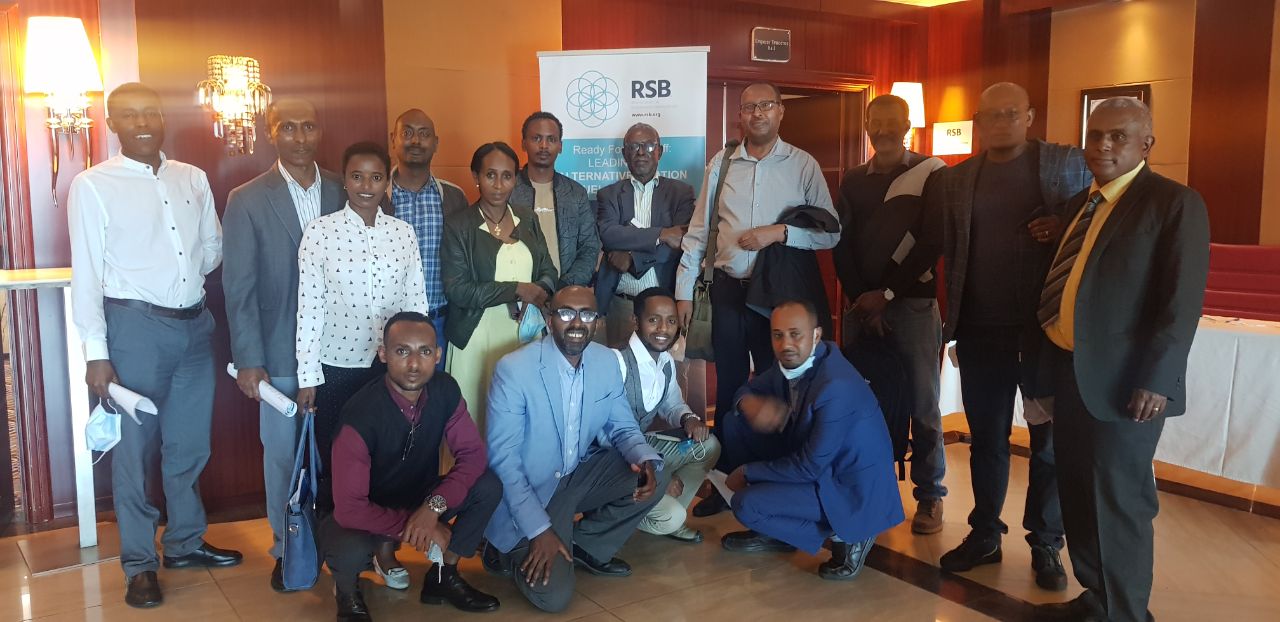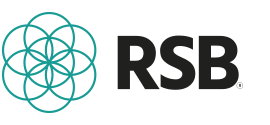Ethiopian Stakeholders Convene on SAF Roadmap

RSB, together with the Ethiopia SAF Steering Committee, held a consultative workshop with key stakeholders to deliberate on the draft Ethiopian Sustainable Aviation Fuel roadmap on 27 May 2021. Stakeholders had the opportunity to review the draft and its preliminary findings and provide input to further advance the roadmap.
The lead consultants presented the draft with key findings focusing on current fuel demand, the Ethiopian fuel industry, and potential of local feedstocks for SAF. Some of the key outstanding findings are that:
- Ethiopia’s fuel demand is met entirely through imports, with imports of aviation fuel increasing by 49.4 % between 2010 and 2018
- The 15-year growth strategy of Ethiopian Airlines prescribes a 10% mix of SAF, amounting to 140,000 US gallons of SAF required by 2028/2029
- The Ethiopian oil industry regulatory framework in its current form cannot address present and future growth challenges
- The solely commercially available SAF conversion pathway is HEFA (hydro-processed esters and fatty acids technology), which is an oil-to-fuel pathway
- Castor (foreseen in the Biofuels Development and Utilization Strategy) and Carinata “Ethiopian mustard” (native to the central highlands of Ethiopia) stood out as the most prominent candidates to be used SAF production via HEFA technology in an analysis of available feedstocks, including Jatropha, agricultural residue, Solaris, water hyacinth, and others.
- The moderate level of oil feedstock production in Ethiopia by smallholder farmers scattered over large areas in the country is inhibited by scarce inputs, inefficient handling of supply chains, and high post-harvest losses.
Participants raised important questions around the criteria for selecting the SAF feedstocks, particularly the risk of increasing food insecurity, as well as the high investment costs for developing the required technology mix to produce SAF in Ethiopia.
Participants from International organisations (German International Development Agency (GIZ); Boeing), government ministries (Ministry of Transport; Environment, Forest and Climate Change Commission), private sector (TOTAL; Oil Libya; National Oil Company), and national regulators such as the Ethiopian Civil Aviation Authority attended the half-day event where valuable inputs were provided. A total of 23 participants attended the hybrid (virtual and in-person) workshop.
Next Steps
The draft roadmap will now be revised based on the feedback received during the workshop as the roadmap gets closer to finalisation. Key to the roadmap’s success will be engaging with policymakers to lay the groundwork for the necessary policy frameworks to support its implementation.
RSB’s work in Ethiopia is powered by The Boeing Company under the Fuelling the Sustainable Bioeconomy project.
